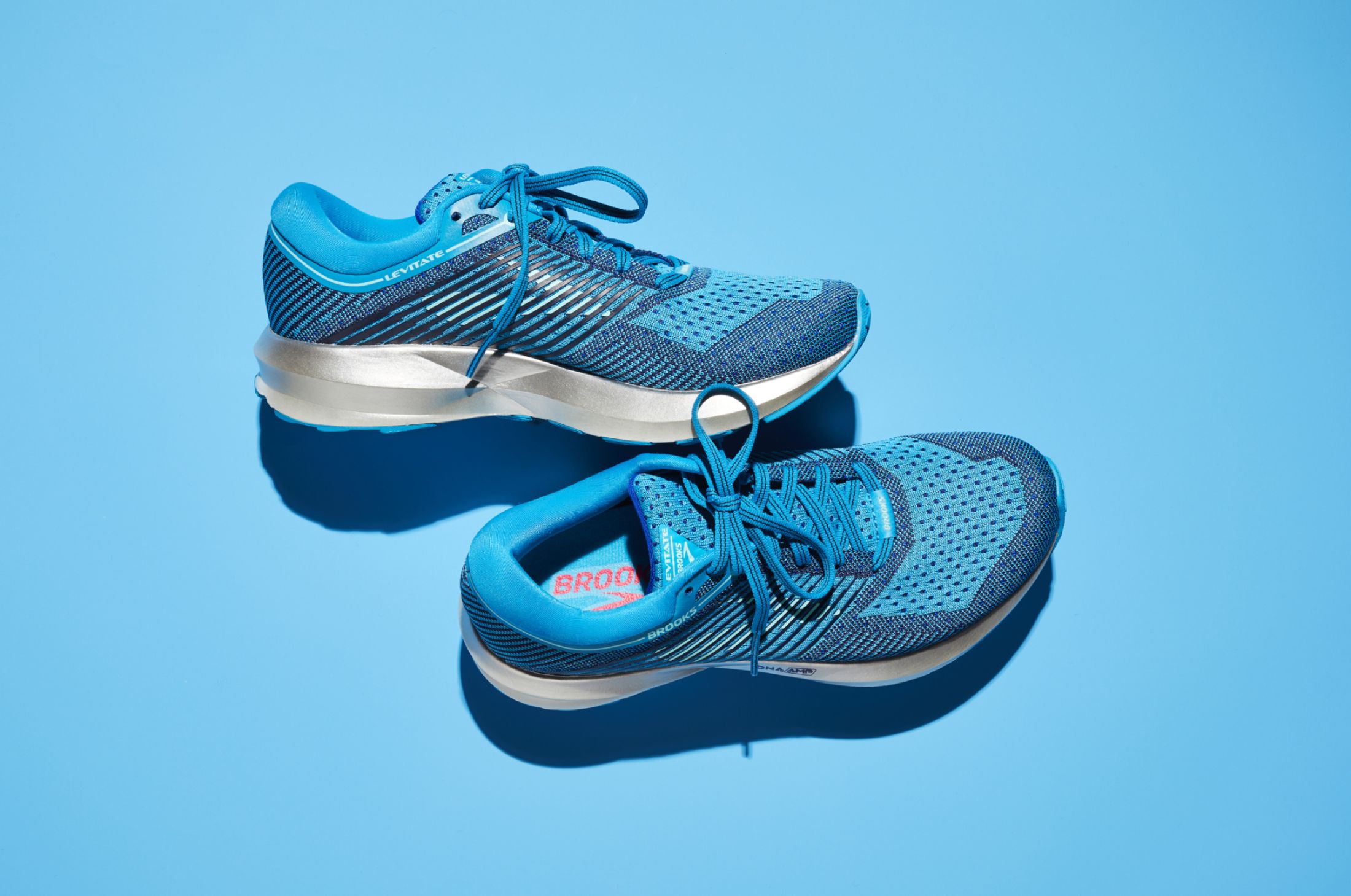WHY BROOKS NEEDS RUNNERS WHO HATE TO RUN
©Bloomberg Businessweek
According to the people at Brooks, I am not a runner. I am a self-defined runner. Only people that run in a run in a competitive and professional sense can call themselves a runner, says Jim Weber the company's CEO. Around 28 million American run regularly but do not race. They run for personal reasons.
Mr Weber even goes that far to say that running is not really a sport. Its de-stressing, mood-lifting effects allow it to fit nicely among other wellness trends such as yoga and meditation, pursuits people believe will clear their minds, slow them down, and imbue life with a sense of purpose. And unlike other sports running is natural. Luckily, Brooks’s reinvention as a running company coincided with a shift in how Americans approached their health. Suddenly everyone stopped wanting to “diet” or “exercise” and instead claimed to “eat clean” and be “into fitness.” The Sports & Fitness Industry Association, which tracks athletic trends, estimates that since 2001 about 13 million Americans have taken up running. This is the equivalent of the state of Illinois waking up one day and deciding to go for a jog.
This running-as-lifestyle philosophy has propelled Brooks, which is owned by Warren Buffet's Berkshire Hathaway, from being a forgettable brand to a $500 million company. In fact, Weber thinks that Brooks can become a USD 1 billion brand. It just has to figure out a more complex customer: the runner who does not like to run. To that end, it hired Ideo, the Palo Alto design firm famous for creating the original Apple mouse, to help answer a seemingly simple question: Why do people run? They were faced with people running for the love of running vs. someone that is running for sake of it. The latter, Brooks hadn’t considered as a customer before. Brooks had been so focused on designing shoes for avid runners that the entire athleisure, sneakers-to-work trend had passed it by.
So, Brooks set about by creating lighter, sportier shoes. Also, they built a shoe for those who wanted to run but needed a literal push. With the help of the German chemical company BASF, they invented a material that, when you ran, gave you a little bounce. The goal was to to make running easier. Before the release of this new, light model, Brooks pulled a promotional stunt by offering to pay USD 1 to anyone who signed up as an official sponsored athlete to gain additional exposure for the brand. Runners would tag their photos with #brooksendorsed or #brooksathlete on pictures of themselves wearing Brooks shoes. While it may not attract new runners, it certainly lead to more self-defined runners opting to wear Brooks.
